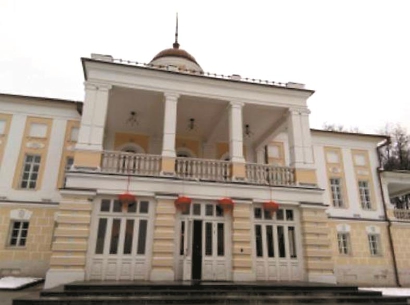1928
June 18-July 11,1928
With the help of the Communist International, the Sixth National Congress of the Chinese Communist Party was convened in Moscow. Attending the congress were 142 deputies, among whom 84 were full deputies (who had the right to vote), representing 130,000 Party members across the country. Qu Qiubai and Zhou Enlai made the main reports at the congress. Among other documents, the congress adopted the “Political Resolution,”pointing out that the Chinese society remained in nature a semi-colonial and semi-feudal society, that “the Chinese revolution at the present stage is in nature a bourgeois democratic revolution,” that the current political situation in China was one between two revolutionary high tides, and that the general task of the Party was, therefore, not to attack, but to win over the masses and prepare for insurrections. The congress worked out the revolutionary programme of opposing imperialism and feudalism, carrying out agrarian revolution and establishing the democratic dictatorship of workers and peasants and criticized “Left” and Right opportunism, especially putschist mistakes. The congress elected the Sixth Central Committee of the Party. At its First Plenary Session after the congress, the Sixth Central Committee elected Su Zhaozheng, Xiang Ying, Zhou Enlai, Xiang Zhongfa, Qu Qiubai, Cai Hesen and Zhang Guotao into its Political Bureau, with Guan Xiangying, Li Lisan, Luo Dengxian, Peng Pai, Yang Yin, Lu Futan and Xu Xigen as alternate members. It also elected the Standing Committee of the Political Bureau,with Su Zhaozheng, Xiang Zhongfa, Xiang Ying. Zhou Enlai and Cai Hesen as members.
